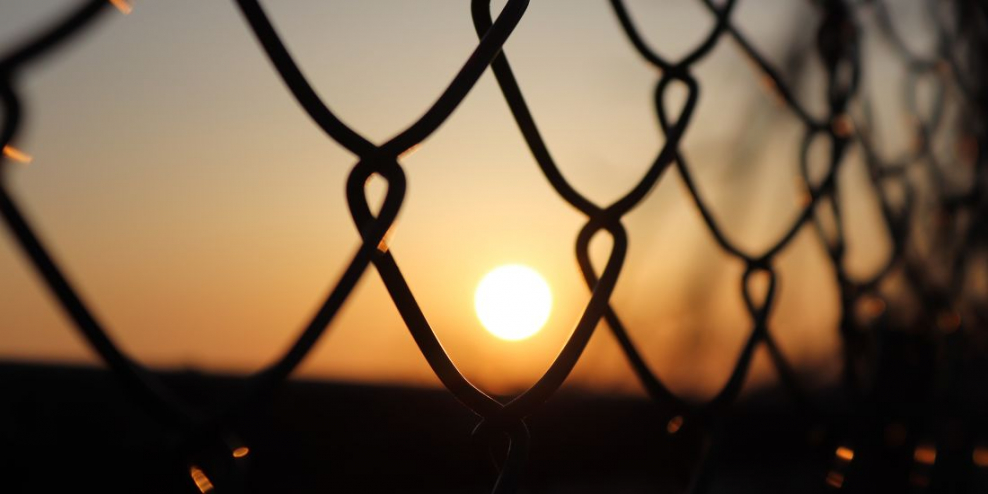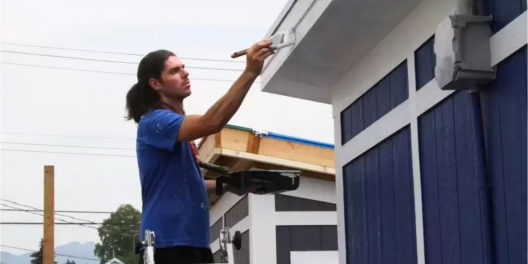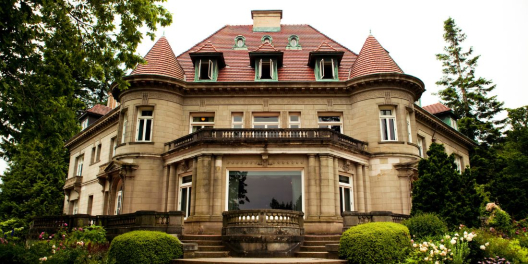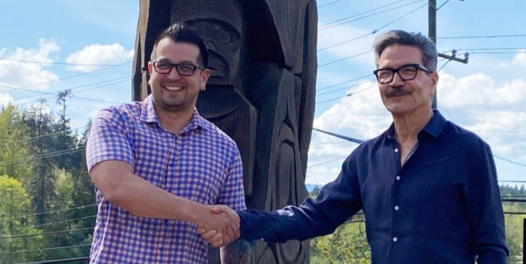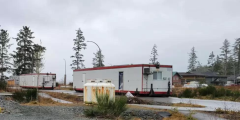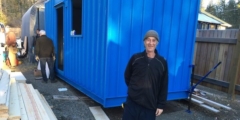Port Alberni citizens are concerned with the rising illicit activities taking place outside of Our Home on 8th shelter.
“There’s no control of any of the activities on Ninth,” she said. “We all clean up garbage, we all pick up needles, burnt tinfoil and excrement constantly,” said Dee Charlton, a Ninth Ave resident who brought a petition to City Council on Monday, November 28th.
“With an elementary school almost kitty-corner to that shelter, children and parents walking to and from school, there must be control.”
She’s absolutely right. The fact that so many people and kids are living in these unsafe conditions and so little is being done about it is unacceptable.
People should be concerned, but the “solutions” being suggested to solve the problems seem pretty off the mark.
The petition brought forward outlined the need for a fence behind the shelter, to help keep the issues happening on 8th Ave from spilling onto 9th Ave.
While it’s completely understandable that folks don’t want people dying on their doorstep (a fatal overdose took place right outside Charleton’s house this summer), the keep-it-over-there mentality is kinda laughable.
For starters, if you’ve ever interacted with someone on drugs, then you know they’re pretty much unstoppable. That fence might redirect traffic but folks are creative, they’ll find another way.
The other suggestion is to install cameras. When people are already so often turning a blind eye to what’s right in front of them, that also seems like a waste of money, to put it mildly.
And not to mention, trying to keep the chaos contained to 8th avenue ignores all our neighbours on 8th Ave. Right?
Regardless of these points, for the little good it will do, the fence will likely be installed.
Wes Hewitt, the executive director of the Shelter Society, was in council chambers on Monday. He helped the council decide to write a letter of support to BC Housing to install a fence.
However, he also pointed out the obvious: a fence is far from a “be-all, end-all solution.”
This political talk translates to “it will do nothing—but we’ll let you have it, so you feel heard.” You know, in case anyone was wondering.
The actual issue, which he then pointed out, is not that the shelter is out of control. It’s that it can’t house all the people struggling with addiction on 8th Ave.
Besides that, the shelter itself is also just a short-term band-aid for the toxic drug crisis.
“Shelters are supposed to be short-term housing,” he said, but that isn’t the case anymore. Back in 2009, said Hewitt, the shelter was able to house people within 15 days of their arrival.
“We now have people staying at the shelter that have been there for close to two years,” he said. “We’re just warehousing people. The city doesn’t need more shelters—what the city needs is more supportive housing so we can cut down the numbers.”
Supportive housing and getting people clean, especially when we’re in the middle of a housing crisis, is a lot harder than building a fence, though.
It’s understandable that people want to see change now. So let’s talk about good band-aid solutions. There are more than a few that could have a bigger effect on keeping everyone safe.
Services like clean-up committees and well-maintained public bathrooms would likely do a lot more to remedy the situation than a fence ever will.
Safe supply would also cut business from street dealers.
Generally, treating people like human beings rather than animals that need to be contained is a way better approach to helping people come back to themselves, and subsequently getting them off the streets.
One thing is for sure, trying to contain water without turning off the tap is always going to end in an overflow.
Creating division is not going to make these problems go away for anyone.

